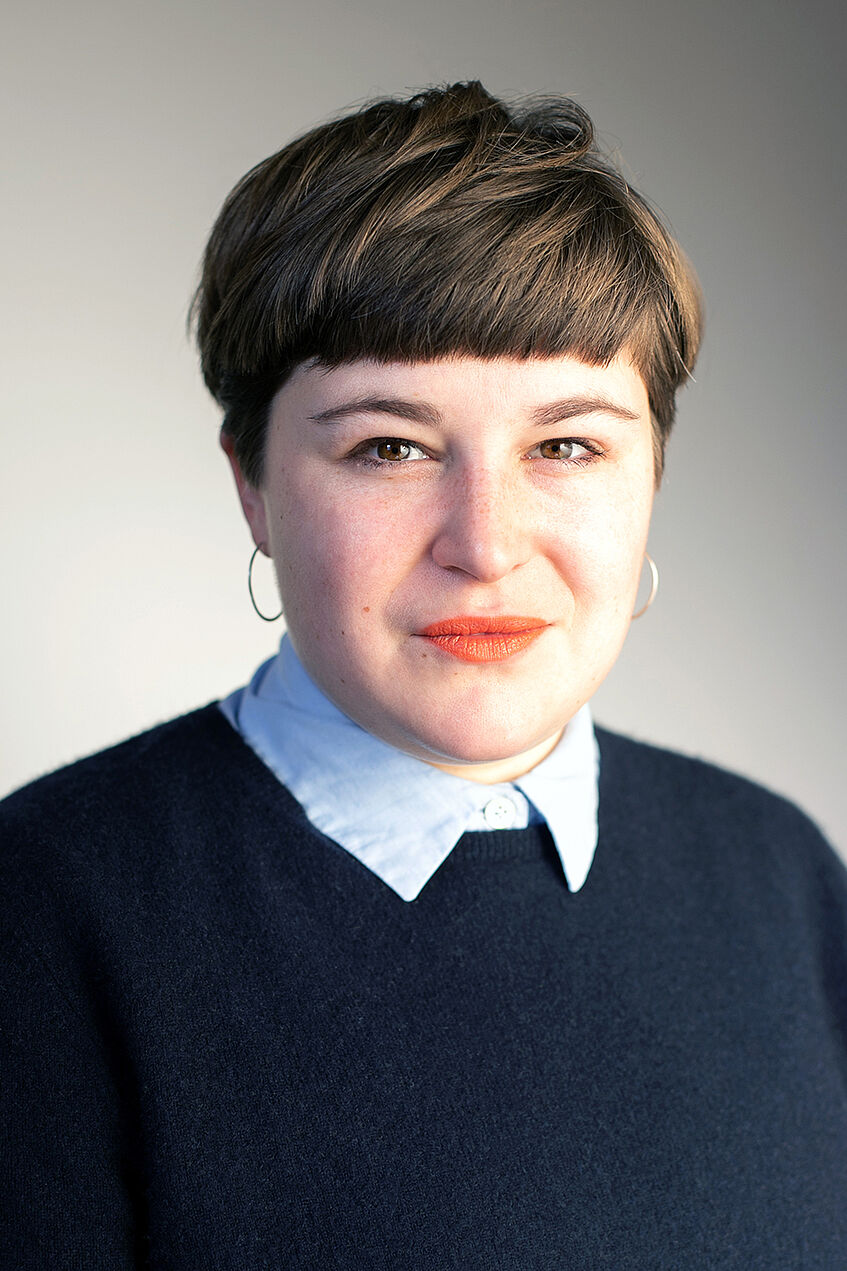Mgr. Cäcilia Wosnitzka, BA MA
Prae-Doc
Cäcilia Wosnitzka is a university assistant (praedoc) at the University of Vienna's Department of Contemporary History in the field of work of the professorship for cultural, knowledge and gender history of Prof. Mag. Dr. Claudia Kraft (since 1 April 2024).
The doctoral project pursued there sheds light on a special chapter of German migration history – the history of political asylum – from a gender-historical perspective. The starting point is the (exile) biographies of female political émigrés from the People's Republic of Poland who sought political asylum in the Federal Republic of Germany from the late 1960s onwards. Their political thinking and the diasporic spaces they initiated are examined as part of the history of ideas and democracy in the Federal Republic of Germany before 1993. As part of this research, Cäcilia Wosnitzka received a doctoral scholarship from the Heinrich Böll Foundation (2023/2024) and was a guest researcher at the Leipzig-based Leibniz Institute for the History and Culture of Eastern Europe (GWZO) (10-12/2022). In 2025, the research project will take her to the German Historical Institute (DHI) in Warsaw.
Cäcilia Wosnitzka is a Fellow at the Doctoral School of Historical and Cultural Studies and graduate of the German-Polish double master's programme in European Studies between the European University Viadrina in Frankfurt (Oder) and the Uniwersytet im. Adama Mickiewicza in Poznań (2018-2021). Until 2022, she worked on the DFG-funded project "Visualisations of the Invisible" under the direction of Dr. Margarete Wach (University of Siegen) on the visual history of Polish amateur film.
Her work focuses on the history of knowledge and migration in East Central Europe after 1945, with a focus on Poland and the FRG. Her research interests include queer/feminist epistemology, social movements, dissident action in state socialism, oral history and theories of space.
Curriculum Vitae and List of publications
Memberships
- Junge DGO/Deutsche Gesellschaft für Osteuropakunde e.V.
- Gemeinschaft für studentischen Austausch in Mittel- und Osteuropa (GFPS) e.V. (zivilgesellschaftliches Engagement)
Key research areas
- Contemporary history of Eastern Central Europe (focus: Poland/FRG)
- Queer/feminist epistemology/ies
- Social history of social movements
- Dissidence in state socialism
- Theories of space
- Reflexive migration history

